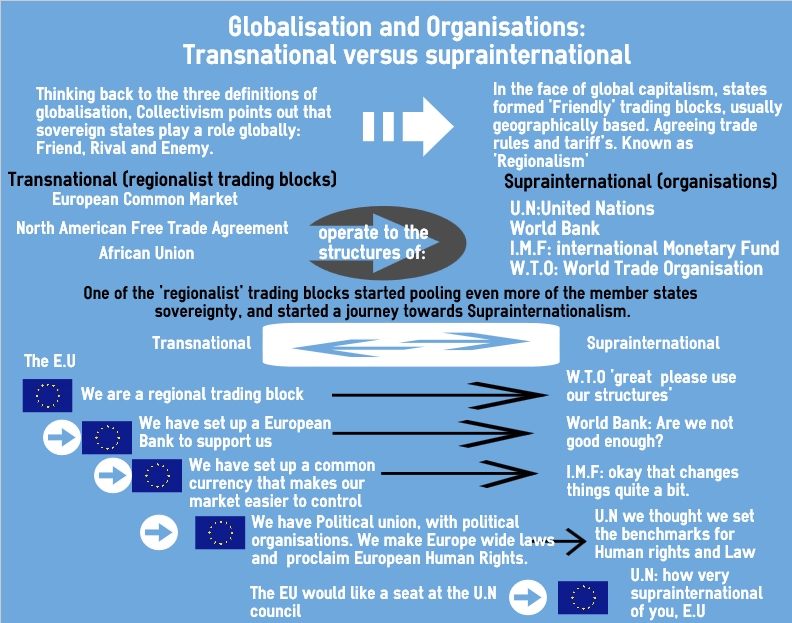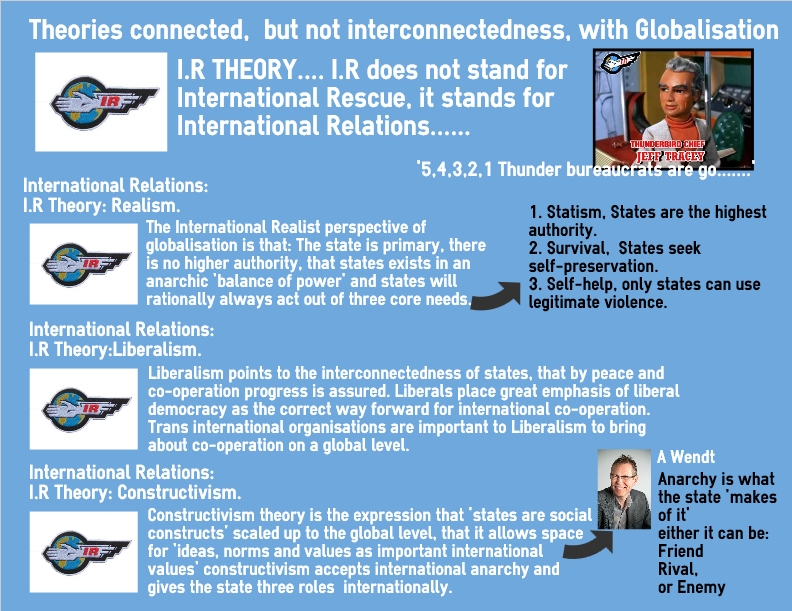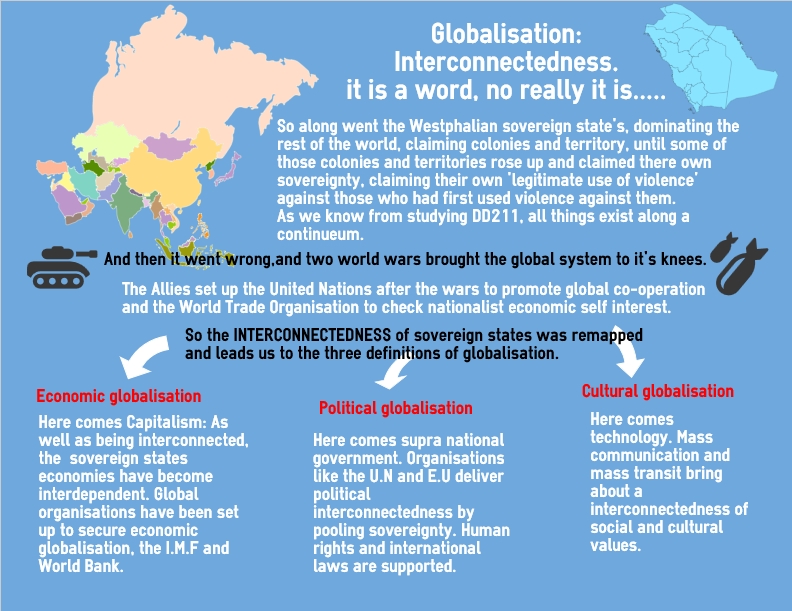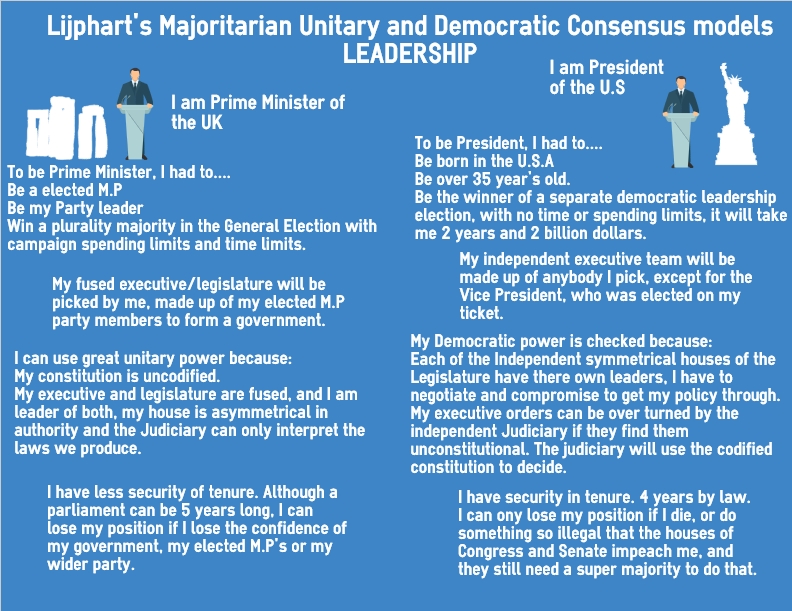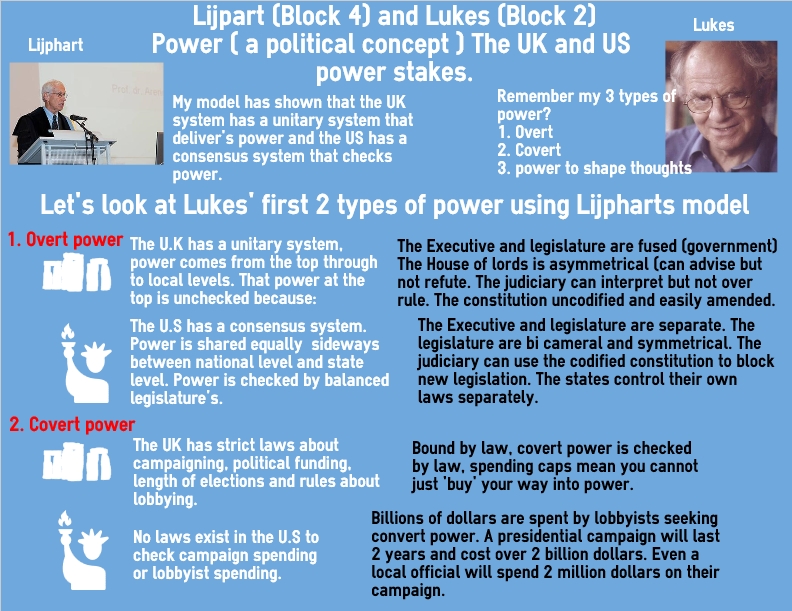Okay personal identity.
Locke refuted physical identity as part of personal identity,
Locke decided that the continuity of memory is important to identity.
Locke decided we have a soul and it is a material thing.
But Hume...
Hume thinks we don't have continuity of memory as personal identity
The identity is made up of impressions (senses) and idea's (informed by senses)
Our identity is a mental stage that ideas and impressions float across like actors.
Hume looked inside himself and could only detect ideas and impressions, hence he had no soul, he could only detect ideas and impressions. Hence the idea of a 'self' is only a fiction.
If I wrote my TMA1 today I would suggest that I agree with Hume, because when I look inside myself t the moment I just find confusion.
The self as confusion?
Now to wade through Taylor, lets hope Taylor proves insightful, because after that is Parfitt's bloody tele-transporter and that's not going to resolve anything!
'The self as confusion' so I must rely on the process of the study to see if it all becomes clear.
Perhaps Hume was right, my 'self' is the theatre that the ideas and senses play up, and only by having a organised process to make clear stage directions to those bloody ideas and impressions can I make a clear 'play' out of all of it.
The self as 'mental play- director, stage manager, orchestrator, lighting rigger, critic, actor, audience, in fact just the whole bloody theatre'.
So is, 'my self' just the auditorium that all the external impressions and internal ideas perform in. The performance is a fiction, the theatre is not.
Can you quote Nick Hornby in TMA'S?
Rather than ponder so much about personal identity,
I could reference Hornby's 'about a boy'
'they say every man is an island!, fucking right, and if I am to be an island,
I will be I-fucking-biza, thank you very much'









